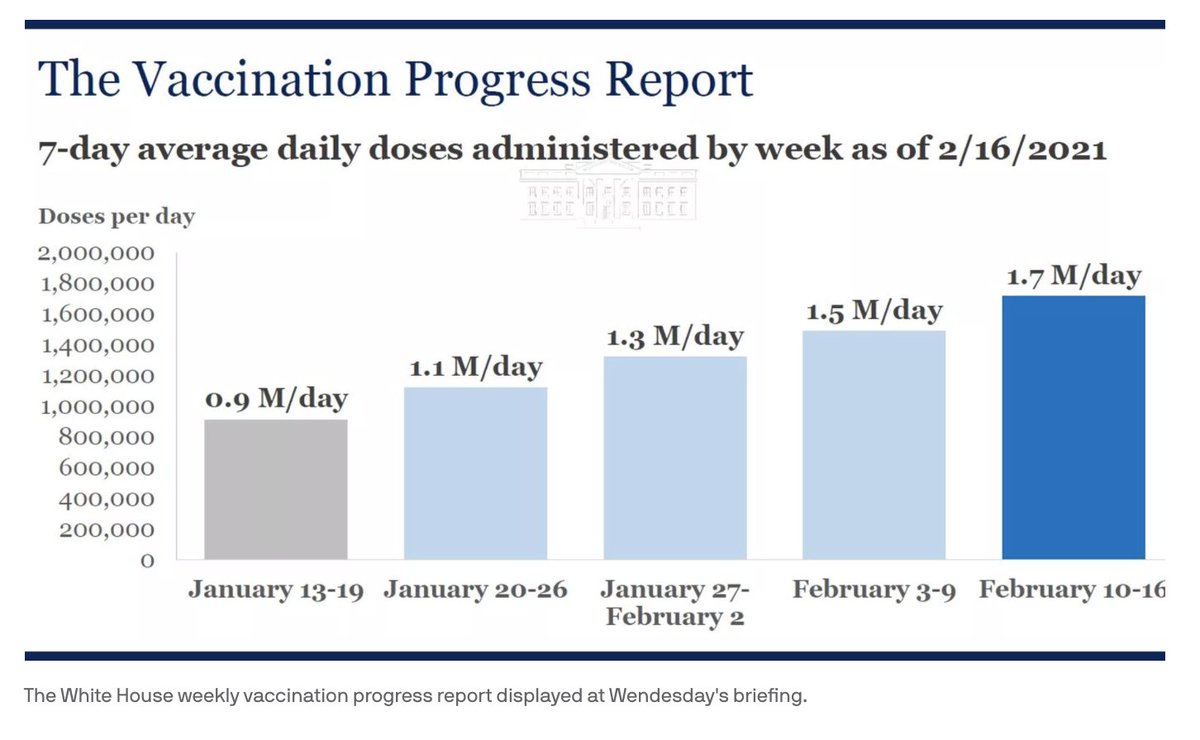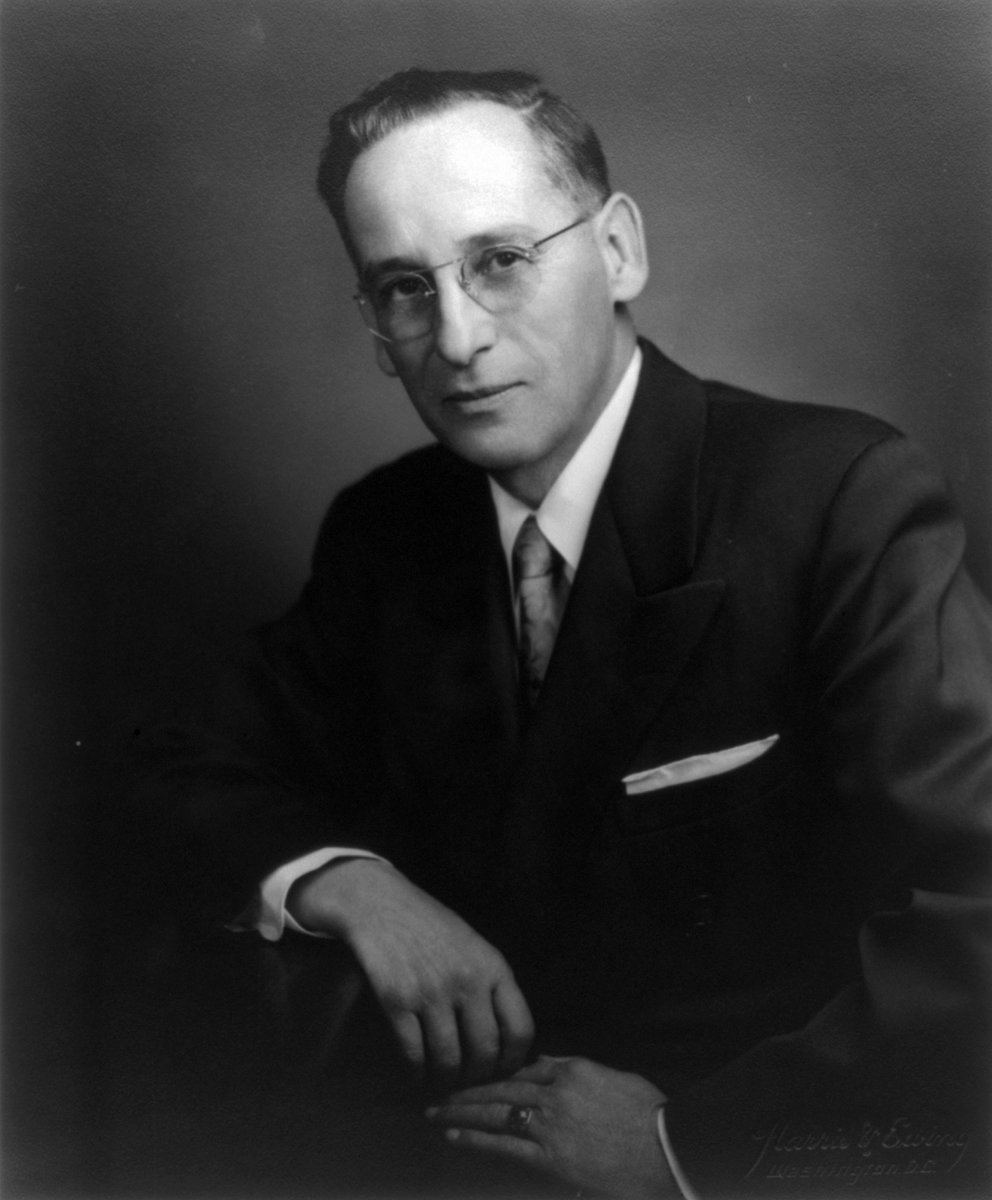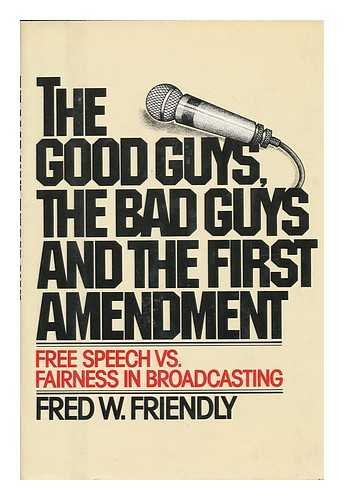
Having spent 2020 telling covid denalists that they were overly optimistic about the pandemic, I now look forward to spending 2021 telling covid maximalists that they are overly pessimistic about the end of the pandemic.
Telling a denialist in May that we shouldn't open bars back up = telling a maximalist in February that we should open schools back up.
Look, folks, the math is straightforward. ~13% of Americans have been vaccinated as of this week.
beckershospitalreview.com/public-health/…
beckershospitalreview.com/public-health/…
And the 7 day average continues to rise; we're approach 2 million vaccine doses per day. Meaning that we'll double that ~13% much faster than the two months it took us to get there. 

So it's entirely reasonable that absent any other intervention, we should expect to hit ~30% vaccinated by the end of March.
And given that those doses are concentrated among the highest risk groups--the 70+ and medical professionals--the case fatality rate, which has already been falling because of improved treatments, is about to drop off a cliff.
Combine that 30% vaccinated number with those who have acquired immunity via natural infection. By the end of September the CDC estimated that 15% of the US had been infected. *September*. That's almost the halfway point for the US pandemic.
wsj.com/livecoverage/c…
wsj.com/livecoverage/c…
So even conservatively assuming that covid spread at the same rate in the five months since September as the five months prior to September, we should expect at least 30% of Americans (if not more) to have natural immunity at this point.
Sure, there's going to be some overlap between the 30% of those vaccinated by the end of March and the 30% who have natural immunity, we're talking about something in the order of 50-60% of the population who are immune to the virus by the end of March. Next month. Six weeks.
There are overly optimistic articles--cough, cough, WSJ--circulating about how the pandemic will be all over by April, but I also think the median person is overly pessimistic about how close we are to significantly ameliorating the severity of the pandemic.
I think the best, carefully optimistic case write-up is from @jameshamblin for @TheAtlantic.
theatlantic.com/health/archive…
theatlantic.com/health/archive…
• • •
Missing some Tweet in this thread? You can try to
force a refresh






